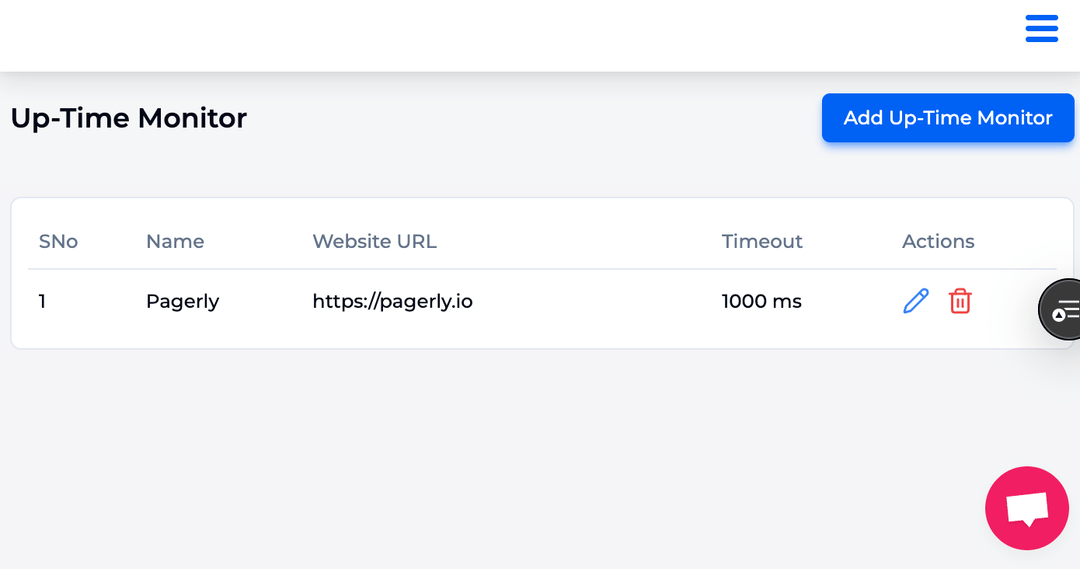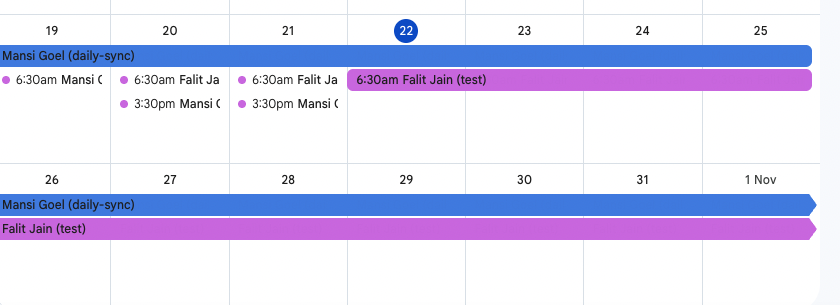
As businesses increasingly focus on software, DevOps is becoming a crucial practice in both large corporations and startups worldwide. DevOps aims to accelerate the delivery of tech products and services, leading to customer satisfaction and achieving business objectives. The collaboration between development and operations teams across the software development life cycle is the foundation of DevOps. This collaboration has resulted in a new role in engineering teams called the DevOps Engineer. To gain insight into the role's day-to-day tasks, we analyzed job postings for DevOps Engineers from major tech companies like Apple, Tiktok, and Airbnb, among others.
As companies continue to digitize and leverage technology to innovate, DevOps has become an increasingly critical practice. With the rise of cloud computing, containerization, and microservices, the role of a DevOps engineer has evolved to include a range of responsibilities beyond just managing Kubernetes clusters.
One of the primary duties of a DevOps Engineer is to take charge of the technical infrastructure supporting products, services, apps, APIs, and more. This involves designing and implementing staging and production environments that satisfy the performance and reliability needs of the services operating on the infrastructure. To accomplish this task, you will employ automation and "infrastructure as code" methods on a large scale, and you should be proficient in utilizing widely used tools like Terraform and Salt stack. Emily Wood's essay on this subject provides an excellent resource for further reading.

Additionally, you will be responsible for constructing and managing the Continuous Integration/Continuous Deployment (CI/CD) pipeline. CI/CD is a collection of processes that include continuous integration, continuous delivery, and continuous deployment of code. It was created to address the challenges of integrating new code into existing systems, and automation and monitoring are used to solve these issues. The pipeline typically includes stages such as Build, Test, Release, Deploy, and Validation. To stay on top of this task, you will employ popular tools like CircleCI, Semaphore CI, Travis CI, among others. For a more in-depth look at continuous delivery, you can refer to this essay.
As a member of the DevOps team, you will have the responsibility of ensuring that all tech services are available and reliable. The following tasks are typically associated with this duty:
As a DevOps Engineer, you will be responsible for maintaining the security and compliance of the company's critical data and ensuring the implementation of security best practices in the infrastructure and development process. This responsibility may include conducting security audits and managing user roles on cloud platforms to limit access.
If your company holds certifications such as SOC 2 or ISO 27001, you will be responsible for meeting the requirements to maintain those certifications. Furthermore, your team may need to take the lead in driving privacy, compliance, and security initiatives throughout the organization.
As a DevOps engineer, you may be required to serve as a first responder while on-call, handling any technical issues that arise during your shift and either resolving them or escalating them to the larger team. This may involve conducting incident drills, setting up on-call schedules for teams, and educating them on processes for managing critical incidents.
You may also be involved in creating a post-mortem report after an incident. This typically involves gathering all relevant incident data, evaluating the impact of the error on the system, identifying the root cause, and prioritising the necessary fixes. Traditional post-mortem practices include sharing the first draft internally for peer review and having senior engineers proofread it.
You can use tools like Pagerduty , Opsgenie in conjuction with Pagerly
To ensure that availability objectives and Service Level Agreements (SLAs) are met, DevOps engineers must continuously monitor various components of the technology infrastructure, such as applications, APIs, and other system resources. Depending on the complexity of the requirements, they can choose between using commercially available or open-source tools, or even create their own tools.
To establish a baseline and maintain system health, it's crucial to use the four golden signals of monitoring. These include latency, which refers to the time it takes for the system to respond to and serve a request; traffic, which relates to the demand put on the system; errors, which must be monitored to determine their frequency and severity; and saturation, which indicates the system's capacity and how much traffic it can handle before becoming overwhelmed.
Various monitoring tools, such as Datadog, Prometheus, and Grafana, are widely used. To learn more about metrics, you can refer to the article published by DigitalOcean.

To guarantee that technology systems operate smoothly and securely, numerous tasks need to be fulfilled. A DevOps engineer plays a versatile role by possessing adequate knowledge to manage different aspects of the system and guarantee its optimal performance. In addition to maintaining the system, engineers should continually seek ways to improve it, even when it is functioning at its best.

